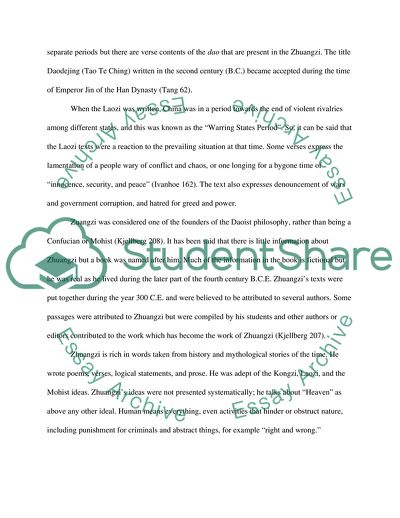Cite this document
(Management in Daoism Literature review Example | Topics and Well Written Essays - 2250 words, n.d.)
Management in Daoism Literature review Example | Topics and Well Written Essays - 2250 words. https://studentshare.org/philosophy/1811055-management-in-daoism
Management in Daoism Literature review Example | Topics and Well Written Essays - 2250 words. https://studentshare.org/philosophy/1811055-management-in-daoism
(Management in Daoism Literature Review Example | Topics and Well Written Essays - 2250 Words)
Management in Daoism Literature Review Example | Topics and Well Written Essays - 2250 Words. https://studentshare.org/philosophy/1811055-management-in-daoism.
Management in Daoism Literature Review Example | Topics and Well Written Essays - 2250 Words. https://studentshare.org/philosophy/1811055-management-in-daoism.
“Management in Daoism Literature Review Example | Topics and Well Written Essays - 2250 Words”. https://studentshare.org/philosophy/1811055-management-in-daoism.


